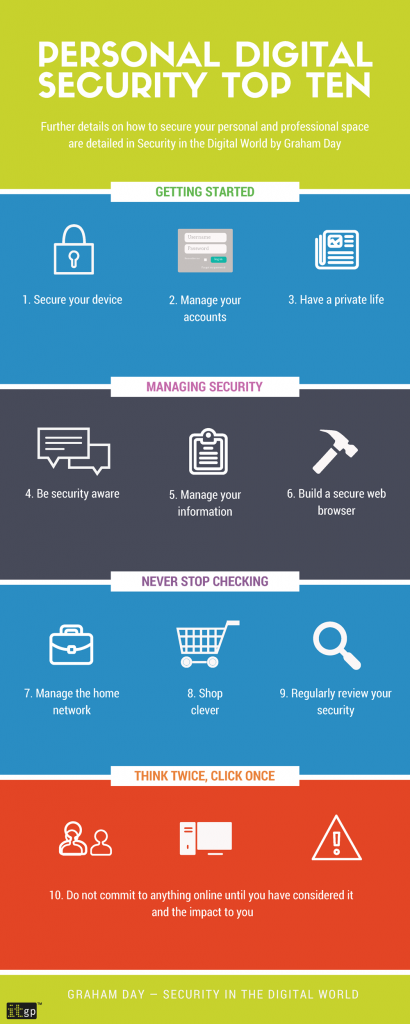In today’s digital age, we are more connected than ever before. We rely on technology for almost every aspect of our lives, from communicating with loved ones to managing our finances. While the convenience and accessibility of the digital world are undeniable, it also comes with its fair share of risks. Cybersecurity has become a major concern, with hackers and malicious actors constantly seeking to exploit vulnerabilities in our online presence. As someone who values both personal security and technological advancement, I have learned a few valuable lessons along the way. In this blog post, I want to share my insights and provide you with some helpful cybersecurity tips to stay secure in a digital world.
1. Strengthen Your Passwords:
One of the simplest yet most effective ways to enhance your online security is by using strong and unique passwords. Avoid common choices like “123456” or “password” and instead opt for complex combinations of letters, numbers, and special characters. Furthermore, refrain from reusing passwords across multiple accounts. If one account gets compromised, it increases the chances of others being compromised as well. Consider using a trusted password manager to securely store and generate strong passwords for your various accounts.
2. Enable Two-Factor Authentication:
Two-Factor Authentication (2FA) adds an extra layer of security to your accounts by requiring a second verification step in addition to your password. This verification can be a code sent to your mobile device or a biometric identifier like your fingerprint. By enabling 2FA, you significantly reduce the risk of unauthorized access, even if someone manages to acquire your password.
3. Stay on Top of Software Updates:
It’s crucial to keep all your devices and software up to date, as updates often include important security patches. Operating systems, antivirus software, web browsers, and applications should be regularly checked for updates and installed as soon as they become available. Neglecting these updates may leave your devices and personal information vulnerable to cyber threats.
4. Be Wary of Phishing Attempts:
Phishing emails have become increasingly sophisticated, making it easier for cybercriminals to deceive unsuspecting victims. Be cautious of any email that asks for personal or financial information, even if it appears to be from a legitimate source. Look out for spelling or grammatical errors, suspicious links, or requests for urgent action. When in doubt, contact the organization independently to verify the email’s authenticity.
5. Practice Safe Online Shopping:
As online shopping continues to soar in popularity, it’s essential to take precautions to protect your financial information. Only make purchases from reputable and secure websites. Look for the “https” prefix in the URL, indicating a secure connection, and ensure the website has a valid SSL certificate. Avoid making transactions on public Wi-Fi networks, as they are often unencrypted and can be easily compromised.
6. Regularly Back Up Your Data:
Data loss can occur due to various reasons, including cyber-attacks, hardware failure, or even accidental deletion. Implement a regular backup routine to ensure your important files, documents, and photos are safeguarded. Store backups on external hard drives or in secure cloud storage services. Regularly test your backups to guarantee their integrity and accessibility.
7. Minimize your Digital Footprint:
Being mindful of your online presence can significantly reduce the risk of becoming a target for cybercrime. Limit the personal information you share on social media platforms and adjust privacy settings to ensure only trusted individuals can access your account information. Think twice before providing personal details on unfamiliar websites or responding to unsolicited requests for information.
8. Educate Yourself:
Constantly keeping up with the ever-evolving cybersecurity landscape is vital. Take the time to educate yourself about current trends and the latest threats. Stay informed about best practices for online security, attend webinars or workshops, and read reputable cybersecurity blogs or news sources. Sharing the knowledge with friends and family will also help create a safer digital environment for everyone.
By implementing these cybersecurity tips, you can significantly enhance your personal security in a digital world. Remember, there is no foolproof solution, but being well-informed and proactive goes a long way in staying safe online. Let’s embrace the endless possibilities of technology while safeguarding our digital lives. Stay secure, stay informed!




